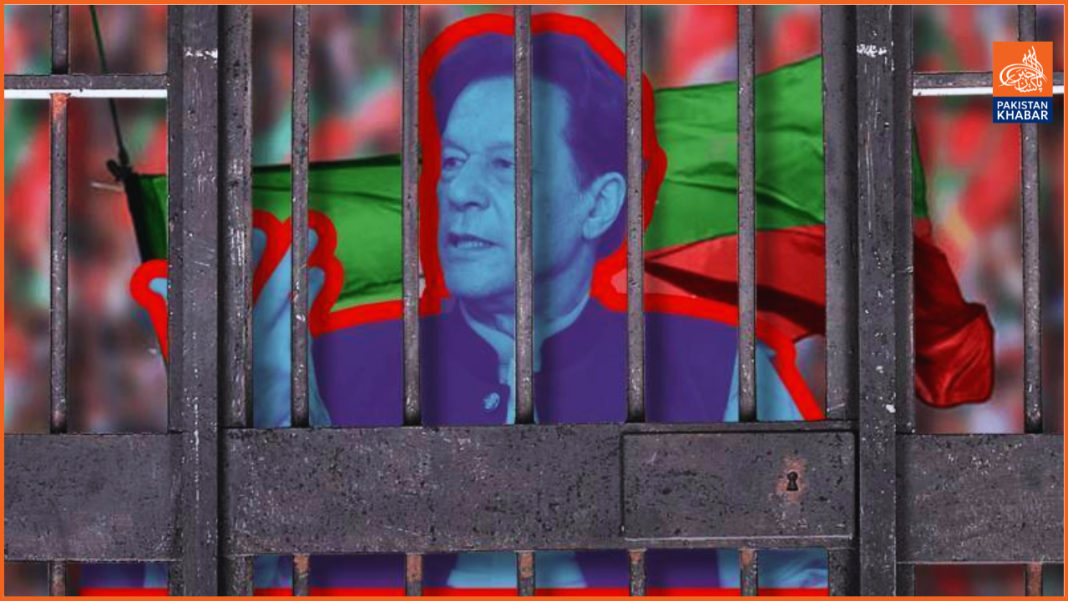Jail reforms subcommittee reports denial of meeting with Imran, informs CJP
The subcommittee on jail reforms informed Chief Justice of Pakistan (CJP) Yahya Afridi on Wednesday that its members were denied a meeting with former Prime Minister Imran Khan during their recent visit to Adiala Jail.
Khadija Shah, a member of the subcommittee and a prominent fashion designer, wrote a letter to the CJP detailing their experience during the visit on Tuesday.
In the letter, Shah expressed appreciation for the CJP’s commitment to prison reform and urged that the actions of the jail administration align with the committee’s efforts. She requested another visit to Adiala Jail, with access to Imran Khan to gather his feedback for the report.
CJP Afridi had earlier formed the subcommittee in November, which includes retired Justice Shabbar Raza Rizvi, Advocate Saima Amin Khawaja, Senator Ahad Khan Cheema, and Khadija Shah. The committee was tasked with reviewing jails in Punjab, addressing overcrowding, under-trial prisoners, and exploring alternatives to incarceration.
Shah explained that Adiala Jail has housed numerous political prisoners, including Imran Khan. Obtaining his feedback was deemed essential for understanding the needs for reform, particularly regarding political prisoners.
Despite CJP Afridi’s directive for full access to all parts of the prison and all prisoners, the committee was denied access to Imran Khan. Shah described the denial of access as shocking, especially since she, as a former prisoner, had met with committee members during previous visits to monitor conditions at Kot Lakhpat Jail.
During the visit to Adiala, the committee noted that the prison had been prepared for their arrival, creating a controlled environment. The members toured various sections, including the hospital, women’s barracks, and areas for prisoners with mental health and substance abuse issues. They also visited death row prisoners.
Shah emphasized that the committee’s focus was to ensure prisoners’ treatment met international standards for prisoner rights, as outlined in the Mandela Rules and the Bangkok Report.
She concluded by expressing concern over the country’s political crisis, which had contributed to overcrowding in jails, and stressed that genuine reform cannot occur under an administration that selectively administers justice.




